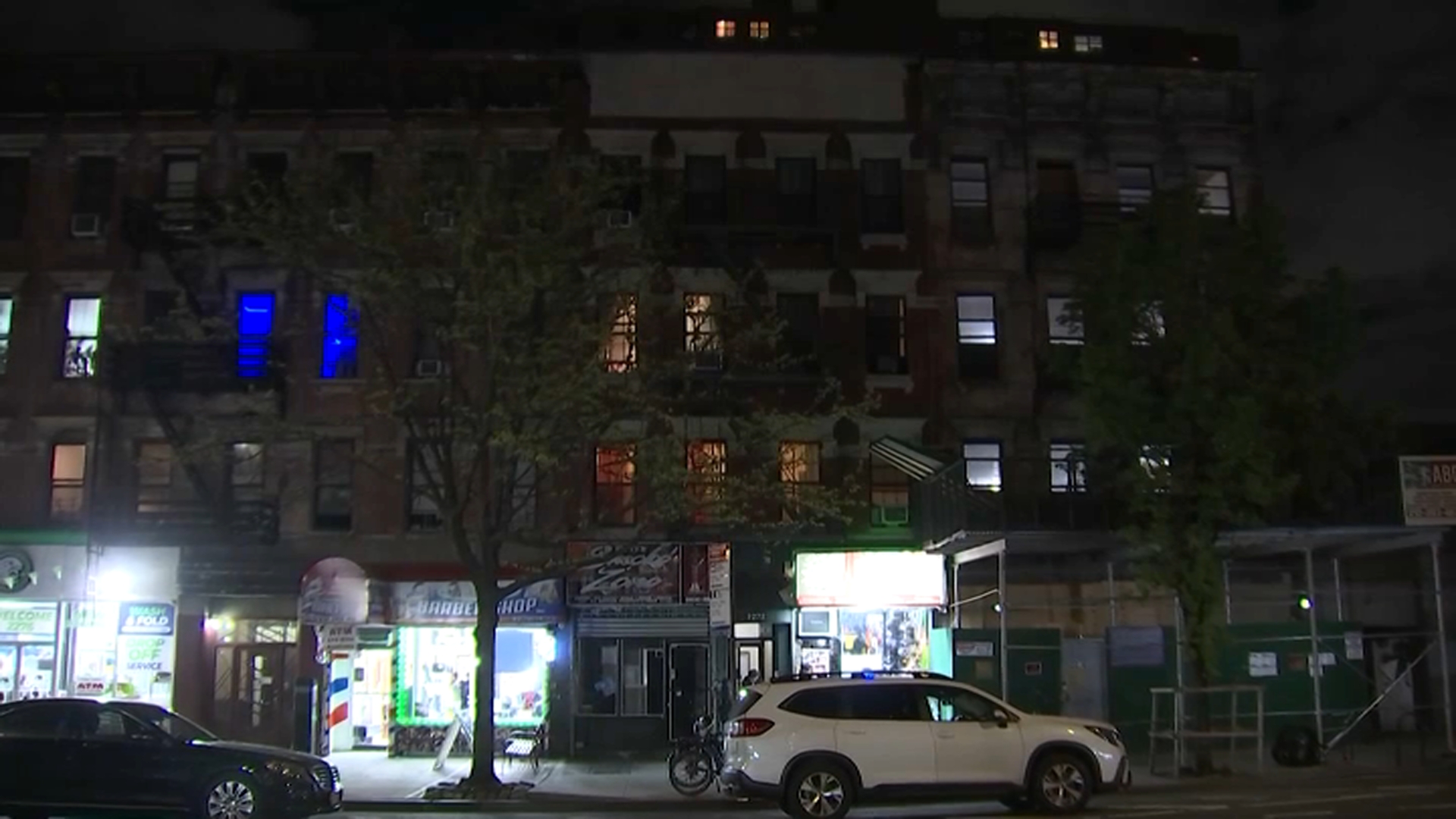Students and faculty at one of the nation's few free colleges asked a judge Friday to block the school's plan to start charging undergraduate tuition, a move the school calls a financial necessity but opponents say will alter the culture of a storied institution.
With the first set of Cooper Union tuition bills already coming due, the fight is "about the whole foundation of the school," incoming freshman Claire Kleinman said outside Friday's hearing on a lawsuit she and other students, alumni and professors brought to try to keep the school free.
Kleinman, an 18-year-old from Manhattan, will be able to enroll regardless of the outcome, but the intended art major worries that tuition of up to $20,000 a year could introduce debt worries into an academic climate in which students have been unusually free of financial burdens.
"It creates a community that's really strong," she said. "I'm afraid that community could change."
Cooper trustees say they are concerned about its financial future. With operating-fund deficits ranging from $13 million to $23 million in the last four years, "dire financial realities required us to make tough decisions to preserve Cooper for future generations," spokesman Justin Harmon said in a statement. "The long-term survival of The Cooper Union was dependent on making this difficult change."
Counting about 1,000 undergraduates, the 155-year-old school founded by industrialist Peter Cooper is renowned for its architecture, arts and engineering programs and its own history. Abraham Lincoln gave his famous "right makes might" anti-slavery speech there in 1860, the NAACP held its first public meeting there in 1909, and it provided a platform for leaders of the labor movement. Alumni include Thomas Edison, Nobel Prize-winning physicist Russell Hulse, and Daniel Libeskind, the architect who designed the master plan for the rebuilt World Trade Center.
Undergraduates paid tuition before 1902, but the school became free after a gift from industrialist Andrew Carnegie. Trustees voted last year to start charging tuition again — up to $20,000, depending on students' ability to pay — beginning with students entering this fall.
Local
The $20,000 figure represents half the per-student cost of a Cooper education, the school says.
Trustees say the tuition decision was made reluctantly, but properly, and will let the school provide additional need-based scholarships.
Graduate students began paying tuition a couple of years ago.
But the students and others who are suing say the financial crunch stems from mismanagement, including building an elaborate new engineering building, investing with a trustee's own money management firm, and not driving a tough enough bargain in negotiating a new lease for its biggest cash source: the land it owns under the Chrysler Building.
The financial pressure is "a crisis they have manufactured in order to transform an institution that Peter Cooper wanted to be free, without any doubt," said the plaintiffs' lawyer, Richard Emery.
Cooper Union's lawyer, Barbara Mather, didn't address the mismanagement claims but said trustees had discretion to charge tuition. The two sides dispute whether the school's charter allows for tuition, and whether the students and others have the legal standing to challenge the trustees' decision.



